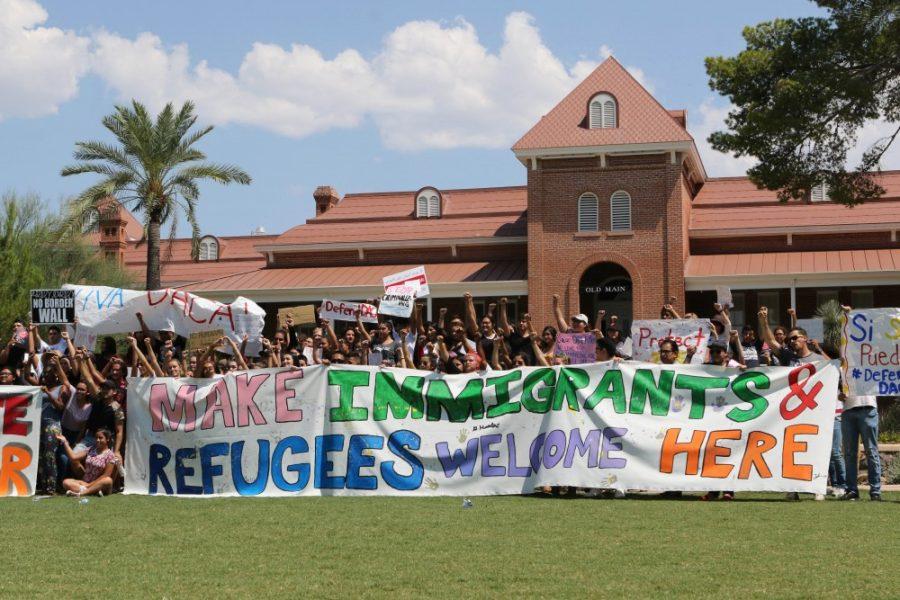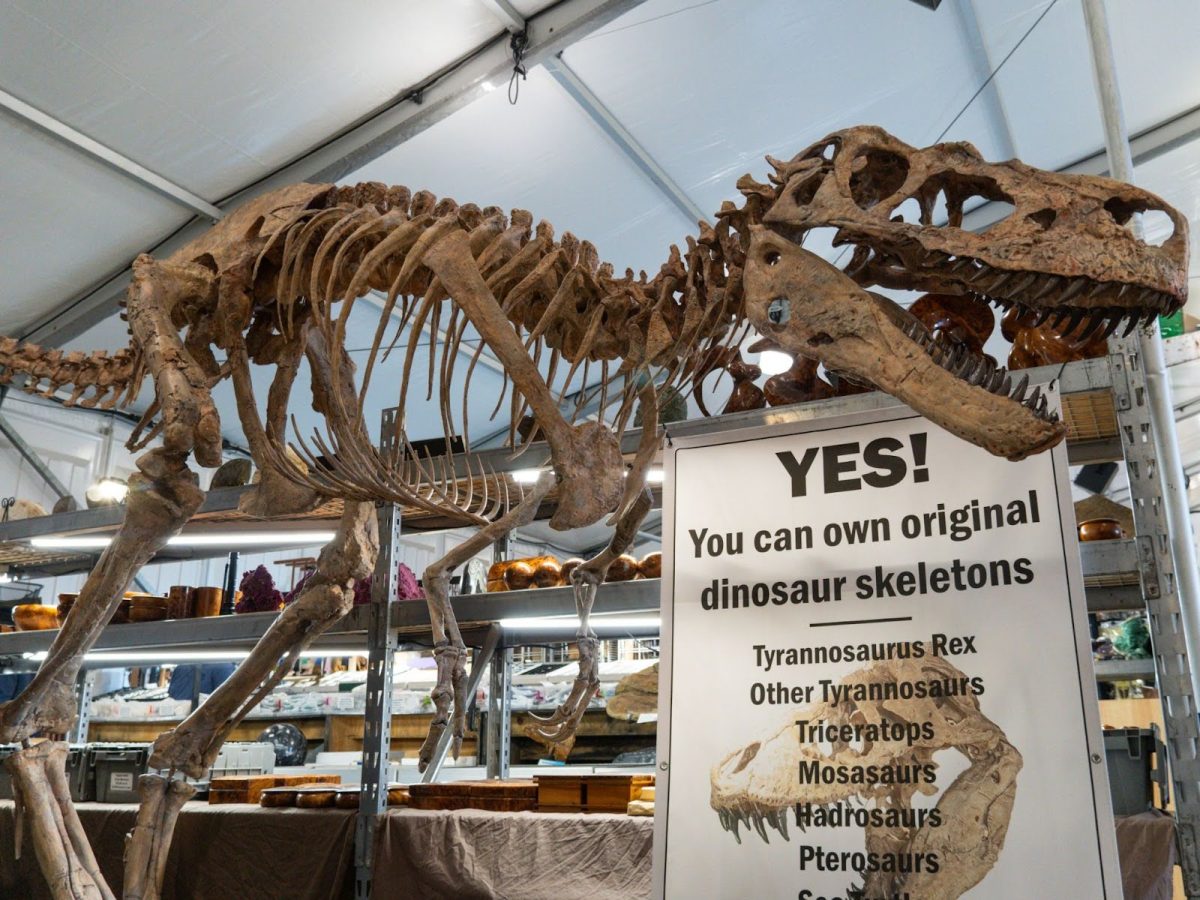The United States has always been known as a land of immigrants. The America that we know and love today has been massively shaped by the history of people all over the world coming to this country to better their status. While we often look to coastal cities when we think of our history with immigrant populations, every corner of the U.S. has been altered and improved by the lessons and cultures of those that leave everything behind to try their hand at the American Dream.
The immigrants that come here are afforded the security that their children will be made full members in the cultural experience and political sphere of the United States according to the jus soli, or right of soil, clause of the 14th Amendment. This clause grants people citizenship and equal footing before the law, so long as they are, “born or naturalized in the United States.” This right was formally clarified when the Supreme Court upheld the right of the children of immigrants residing legally in the country to automatic birth citizenship in 1898 in the case of United States v. Wong Kim Ark.
Donald Trump said that he was considering ending birthright citizenship through an executive order in October. This could take two different forms that stand upon very different levels of legality.
The first is ending the constitutionally-defended right of immigrants residing in the United States to legally obtain citizenship for the children they have in this country. This would be a flagrant slap in the faces of both the Constitution and Supreme Court rulings that have defended these immigrants.
The second possibility would be the president using his powers to stop recognizing the automatic citizenship of children born to immigrants who entered the country illegally, and this actually may be within his rights. According to Michael Anton of the Washington Post, the Supreme Court has been much less decisive about applying automatic citizenship to the children of these immigrants, as they may not necessarily fulfill the “under the subject thereof” line that is used as a test to receive birthright citizenship.
So what does the 14th Amendment specifically say on the subject? It writes rather plainly that “All persons born or naturalized in the United States, and subject to the jurisdiction thereof, are citizens of the United States and of the state wherein they reside” and goes on further to explain that states may not deny citizenship and the rights included with it to anyone who meets these parameters. While “persons born or naturalized in the United States” may seem to be all the evidence needed to conclude that Donald Trump is reaching far beyond his right to interpret the vaguer points of the Constitution, the inclusion of “and subject to the jurisdiction thereof” throws everything into the air.
“And subject to the jurisdiction thereof” recognized persons as citizens if they do not owe allegiance to some other government when naturalized or born, according to P.A. Madison writing for the Federalist Blog. After United States v. Wong Kim Ark, the Supreme Court officially applied the 14th Amendment and birthright citizenship to the children of immigrants residing in the country legally. However, Robert Barnes and many Constitutional scholars find that the subject is far more touch and go when it starts being applied to the children of immigrants who did not enter the U.S. legally, as they are technically not under the jurisdiction of the United States at all.
When President Trump said that the United States was the only country to have birthright citizenship, he was exaggerating, though the main point is somewhat true. While we are in fact one of 39 countries to have automatic citizenship given to anyone born on our soil, 80 percent of all nations do not, according to The CIA World Factbook. We are joined in that regard by countries such as Canada, Brazil, Mexico and many countries in the Western Hemisphere who experienced historically similar relationships with mass immigration during the early 20th and late 19th centuries.
While I personally disagree with President Trump’s belief that he should end birthright citizenship and find that such a broad attack on a constitutionally enshrined and Supreme Court-defended right of all people born in this country is obviously illegal, President Trump very well may be within his rights to end such recognition for the children of immigrants who are residing here illegally. Should our President’s many words turn into action, I hope the Supreme Court will block it and finally decide to apply the protections of the 14th Amendment to the children of all immigrants, putting to bed an issue that has been pushed between court cases without a definitive answer for far too long.
Alec Scott is a junior studying political science and German studies who volunteered for the 2015 Ron Barber Campaign.









